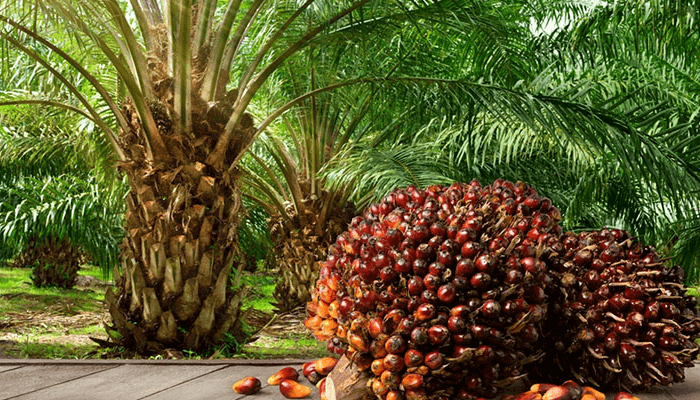The Federal Government has launched a nationwide crackdown on the sale of adulterated palm oil, which has been mixed with harmful chemicals. This comes after growing health concerns and international rejection of Nigerian palm oil due to unsafe preservatives used to prolong shelf life and increase profits.
For many years, wholesalers and retailers have been adding dangerous substances to palm oil. These harmful practices have led to illnesses among consumers, forcing the government and key stakeholders to take urgent action.
At the launch of a new committee to tackle the problem, Director of Agriculture at the Federal Ministry of Agriculture and Food Security, Iwara Bassey, said the government will not tolerate the sale of fake and dangerous palm oil anymore. He announced plans to introduce a national traceability system to track the source of palm oil products.
Bassey explained that the traceability system will help improve the quality and reputation of Nigerian palm oil. It will ensure that products meet national and international standards, eliminate adulteration, and make Nigerian palm oil more competitive in industries like food, medicine, and cosmetics.
He further noted that with the traceability system, authorities will be able to trace any bad or substandard palm oil back to the exact farm, community, and state where it came from. This will discourage people from engaging in harmful practices in the supply chain.
Kennechukwu Onukwube, Programme Manager for Oil Palm at Solidaridad Nigeria, said they had already tested the traceability system successfully in four states — Akwa Ibom, Cross River, Enugu, and Kogi. These pilot projects showed that the system works.
Onukwube added that other organisations like IDH, supported by the governments of the Netherlands and the United Kingdom, are also working on similar projects in Edo State.
He mentioned that there will soon be awareness campaigns to educate the public about the health dangers of adulterated palm oil and how to identify safe and traceable products in the market.
Onukwube said this initiative supports Nigeria’s agricultural policies, including the National Agricultural Technology and Innovation Policy (2022–2027) and the National Initiative for Sustainable and Climate-Smart Oil Palm Smallholders (NISCOPS). These programmes aim to improve farmers’ incomes while addressing climate change challenges.
He stated that the traceability system will be supported by strong policies to make palm oil production, processing, and marketing more efficient and transparent.
Key industry groups such as the Oil Palm Growers Association of Nigeria, Plantation Owners Forum of Nigeria, and the National Palm Producers Association of Nigeria are all part of the new committee working on this effort.
Onukwube concluded that this collective action will not only improve food safety and restore global trust in Nigerian palm oil but will also help farmers, processors, and traders succeed in a more open and competitive market.


